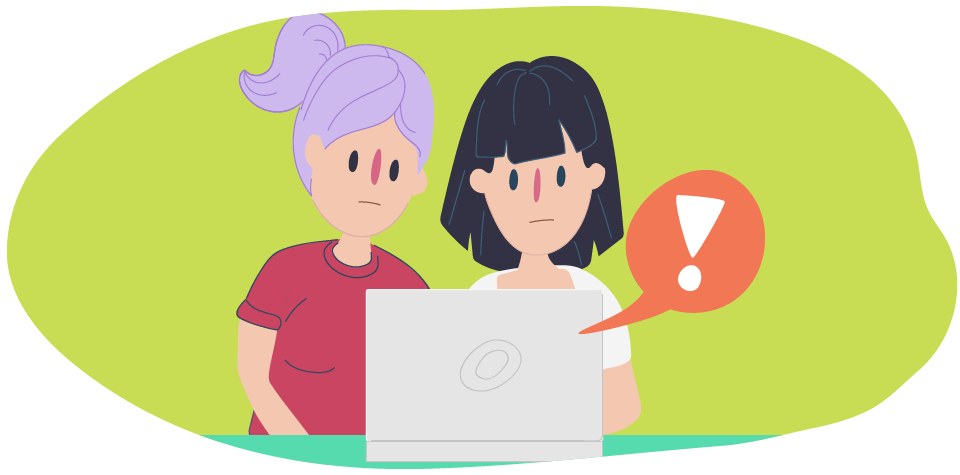Could I be a cyberbully?
Know when your online behaviour crosses the line and what to do ...
READ MEPutting a stop to cyberbullying is everyone’s responsibility. If you know someone who is being cyberbullied there are things you can do to help.

Cyberbullying can include:
Repeated harassment and threatening messages (cyberstalking)
"Cyberbullying is NOT ok and it can be equally as bad, or even worse, than bullying someone face to face" – Sky, Kids Helpline
You may notice your friend feeling:
You might see changes in the way they act:
You notice they act differently online:
Each of us can help keep the internet a safe place so nobody gets hurt, abused, or attacked online. Here’s what you can do:
Don't forward or share the post, text or image
Report it online or show an adult who can help you report it
Don't take part in it by sending mean messages back
Say something kind or positive to the person being cyberbullied
If it's safe, take a stand against it and ask the people doing the bullying to stop
Let the people doing the bullying know that what they're doing is not ok
Talk to the person being cyberbullied and let them know you care
Ask the person being bullied if they are ok and if they need help
Suggest the person being bullied report it, block, or delete the people doing the bullying
Leave the group or conversation
"We thought it would be funny, because we were all like, joking… but I think we took it too far this time."
"When we see somebody being bullied online that makes us ‘bystanders’ and we have a really important role in stopping the bullying behaviour" – April, Kids Helpline Counsellor
Cyberbullying is not something you or your friend should have to put up with. If you’re unsure of what to do or need some extra support - that’s ok! Contact us and we can help you figure it out. Give us a call, start a WebChat or send us an email today.
You could also visit the eSafety website to find out more about cyberbullying and what you can do.
Could I be a cyberbully?
Know when your online behaviour crosses the line and what to do ...
READ MECyberbullying
If you’re experiencing cyberbullying, you’re not alone. It can be ...
READ MEOnline Harassment
Being harassed online is a serious form of cyberbullying that is against ...
READ MEBullying
Bullying is never ok. It’s hurtful and can impact someone for ...
READ METalking helps! We’re here for you.
No problem is too big or too small.
We're here 24 hours a day, 7 days a week